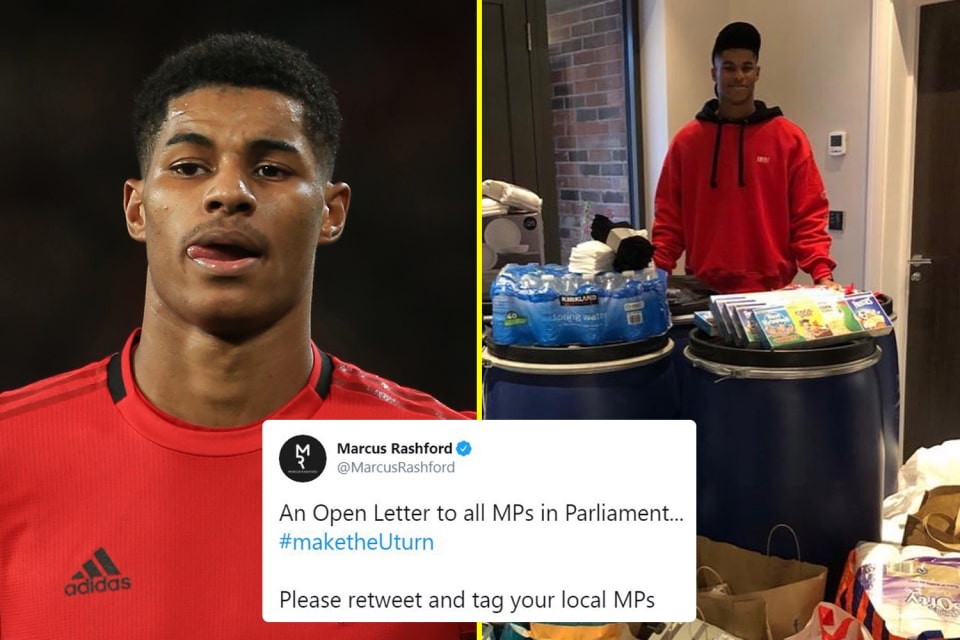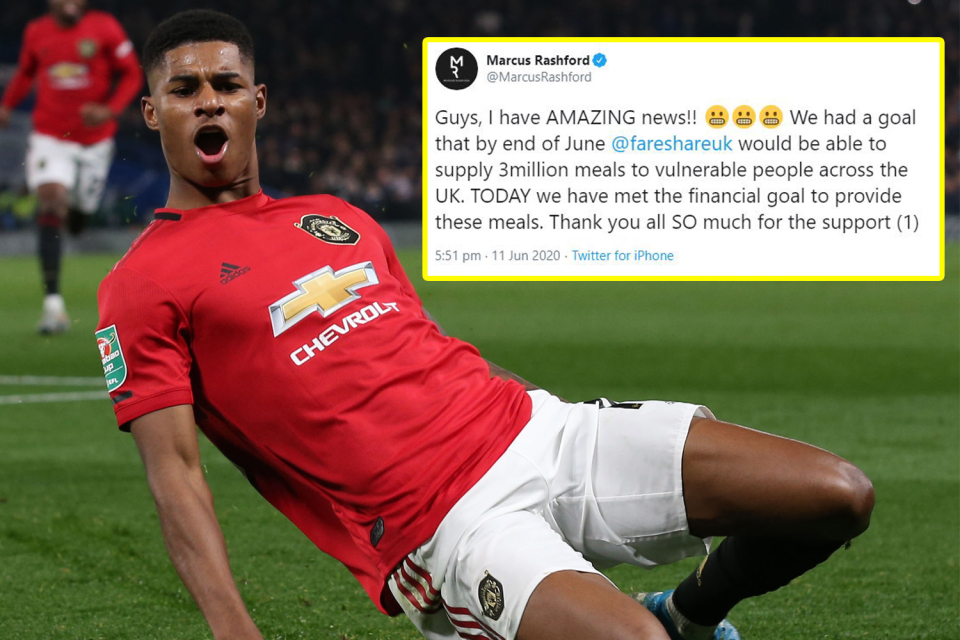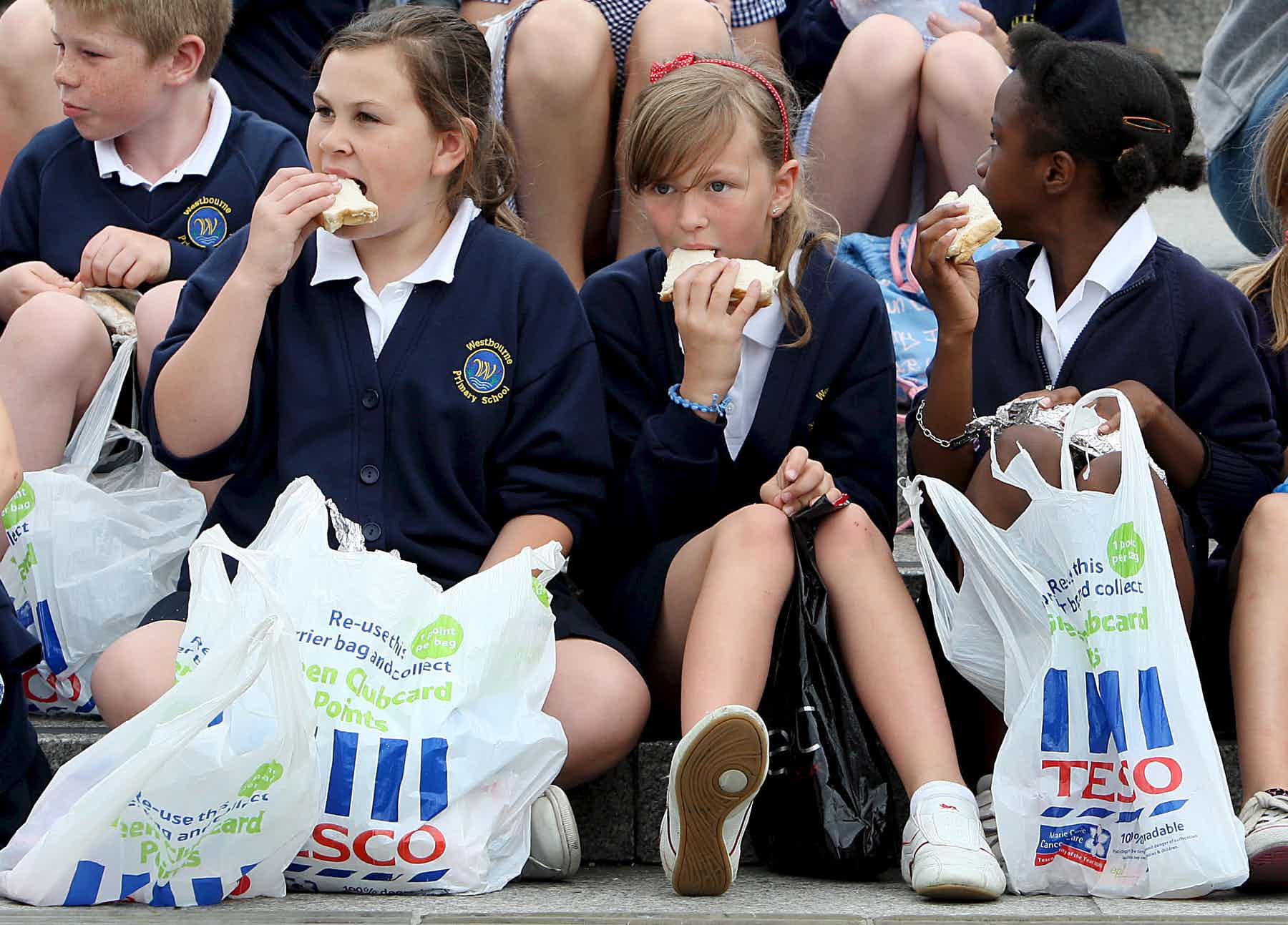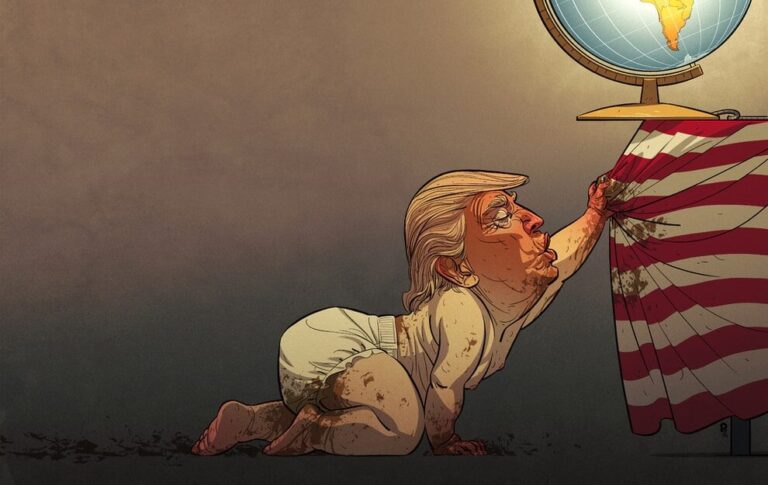
An Open Letter to all MPs in Parliament…#maketheUturn
Please retweet and tag your local MPs pic.twitter.com/GXuUxFJdcv
— Marcus Rashford (@MarcusRashford) June 14, 2020

Rebecca O’Connell, UCL and Julia Brannen, UCL
Footballer and food poverty campaigner Marcus Rashford has rebuked Conservative MP Kevin Hollinrake on Twitter for suggesting that parents who need help to feed their children are failing in their responsibilities.
Children growing up in poverty today recognise it is their parents’ duty to make sure they are fed adequately. But, like Rashford, whose family struggled with food security when he was a child, they know from experience that parents cannot always fulfil this obligation. In this context, they argue, government and others have a responsibility to act.
I would urge you to talk to families before tweeting. To this day I haven’t met one parent who hasn’t wanted or felt the responsibility to feed their children… https://t.co/J72VyRazbF
— Marcus Rashford (@MarcusRashford) September 6, 2020
Children speak out about hunger
We know this because we have asked children about this exact issue as part of our research into food poverty. In a European study of low-income families, we asked young people between 11 and 16 years old who they consider to be responsible for making sure children have access to enough decent food. Most children argued that parents, government and organisations like schools should work together to achieve this. Phoebe, age 16, whose father had lost his job in the local authority, said:
If a family is unable to provide food then I think it’s up to schools and government to kind of make that up, if there is really nothing that they can do. So free school meals and fruit at break I think is really important. I think it’s really important that there is enough money for schools to be able to provide free school meals, breakfast club and fruit and stuff like that.
However, attributing responsibility to those in power did not mean children exempted parents from taking responsibility. On the contrary, several young people talked about the importance of “doing the right thing” and not spending on “what you don’t really need”.
A quarter of the young people in the UK said it was primarily parents’ duty to ensure that their children had enough to eat. But they did not blame them when this proved difficult.
As Dayo, aged 15, whose family had no recourse to public funds and was on the edge of destitution, vividly put it:
If a child dies, the government is always serious … if the child doesn’t die, they should still be serious about the child anyway.
Sean, aged 14, whose single-parent household was reliant on benefits, suggested that while parents do the best they can, no one is taking responsibility for food poverty at a higher level:
I think that it should be the government’s job, but I don’t think there is anyone that takes responsibility over that. I think parents do the best that they can. And, you know, there’s not much you can ask for other than for their best.
Taking responsibility
Marcus Rashford has forcefully and eloquently written about his own experiences of going without enough decent food as a child, despite his mother being in paid work. The shame and guilt he has spoken of were shared by children we interviewed too.
Rashford is rightly supporting the three main demands of part one of the National Food Strategy, led by Leon founder Henry Dimbleby, which include widening the free school meal entitlement to children in all families who receive universal credit. Given that more than a million children growing up in poverty in the UK do not currently qualify for free school meals, this is a welcome and, in the current climate, realistic ask.
Then and Now…
Beauty of Breakfast Club.
Thank you for having us Button Lane ♥️ pic.twitter.com/jN7ANJWgxR— Marcus Rashford (@MarcusRashford) September 10, 2020
But it leaves out those children whose families have no recourse to public funds because of their migration status and are in the most dire need as a result. Fundamentally, the demands do not address the underlying causes of rising levels of poverty and food poverty in this country, which are outside the strategy’s remit.
Part of the problem is that, as the children we interviewed pointed out, no UK government department has explicit responsibility for food poverty or food insecurity. Although some universal and targeted benefits entitle children to free school meals, these are the responsibility of the Department for Education rather than the Department of Work and Pensions, which looks after social security.
Successive UK governments have also depended on the market to provide cheap food. In the context of this “leave it to Tesco” approach to food policy, as Tim Lang puts it, it has been up to civil society, trade unions, researchers and, yes, footballers, to argue that neither welfare benefits nor statutory minimum wages are sufficient to enable people to purchase enough food for good health, particularly in families with children to feed.

When it comes to child hunger, we cannot leave it to Tesco. Andy Rain/EPA
Charity is not the solution. To address the immediate crisis faced by the growing number of households in poverty as a result of the pandemic and lockdown measures, Child Poverty Action Group, along with almost 70 other organisations and individuals, are calling for an increase in child benefit of £10 per child per week – emergency support to ensure all parents can cover the basic costs of raising their children in the face of reduced income. This is an effective, fast way to get money to most families so they can buy necessities, including food for their children.
In the medium to longer term, it is vital that the UK government reviews wages and benefits in line with research on living standards, to ensure families can live and eat with dignity. Fundamentally, the UK government needs to recognise, as young people do, that ensuring our children can eat properly is indeed a duty it shares with parents.![]()
Rebecca O’Connell, Reader in the Sociology of Food and Families, UCL and Julia Brannen, Emerita Professor, Sociology of the Family, UCL
This article is republished from The Conversation under a Creative Commons license. Read the original article.




9 Comments
Pingback: หวยออนไลน์ LSM99
Pingback: สูตรสล็อต pg ใช้ได้จริง 2024
Pingback: order Blackberry Dream
Pingback: ติดตั้งโซลาเซลล์
Pingback: la leche league
Pingback: พอตเปลี่ยนหัว
Pingback: ธุรกิจงานศพ
Pingback: เช่ารถตู้พร้อมคนขับ
Pingback: ราคาบอล 4 ตังค์